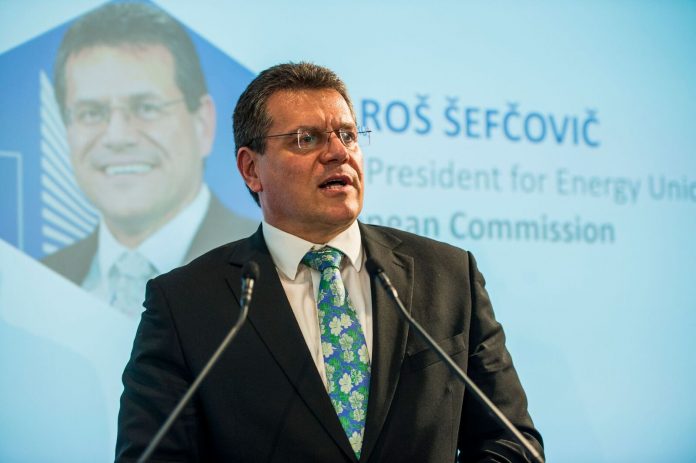To modernise Europe’s transport system, the European Commission is undertaking a third and final step.
“Mobility is crossing a new technological frontier,” said the EU’s Vice-President responsible for Energy Union, Maroš Šefčovič. “With this final set of proposals under the Energy Union, we help our industry stay ahead of the curve. By producing key technological solutions at scale, including sustainable batteries, and deploying key infrastructure, we will also get closer to a triple zero: emissions, congestion and accidents.”
In turn, the EU’s Commissioner for Climate Action and Energy, Miguel Arias Cañete, said all sectors must contribute to meet our climate commitments under the Paris Agreement. “All sectors must contribute to meet our climate commitments under the Paris Agreement. That’s why, for the first time ever, we are proposing EU standards to increase fuel efficiency and reduce emissions from new heavy-duty vehicles. These standards represent an opportunity for European industry to consolidate its current leadership position on innovative technologies.”
According to the EU’s Commissioner for Transport, Violeta Bulc, this Commission is paving the way for the mobility of tomorrow. “Today’s measures constitute a final and important push so that Europeans can benefit from safe, clean and smart transport. I am inviting the Member States and the Parliament to live up to our level of ambition.”
Commissioner for Internal Market, Industry, Entrepreneurship and SMEs, Elżbieta Bieńkowska, added that 90% of road accidents are due to human error. “The new mandatory safety features we propose today will reduce the number of accidents and pave the way for a driverless future of connected and automated driving.”
According to the Socialists and Democrats (S&D) Group in the European Parliament, the third set of measures is welcomed.
“At last we see the introduction of CO2 emissions targets for trucks – which could have also been extended to buses,” said S&D vice-president for sustainability, Kathleen Van Brempt. “Heavy duty vehicles account for less than 5% of all traffic on the roads, but represent 25% of road transport’s fuel use and carbon emissions. Ultra-fuel-efficient trucks will save money, boost the economy and protect the environment. Ultra-efficient buses, or even electric buses, would also pay off.”
S&D spokesperson on transport, Ismail Ertug, added: “The proposals on passenger and road user safety will contribute to reducing fatalities and severe injuries in road accidents. It will be mandatory to equip cars with advanced emergency breaking systems, lane-keeping systems and other intelligent driver assistants like intelligent speed assistance and reversing detection.”

